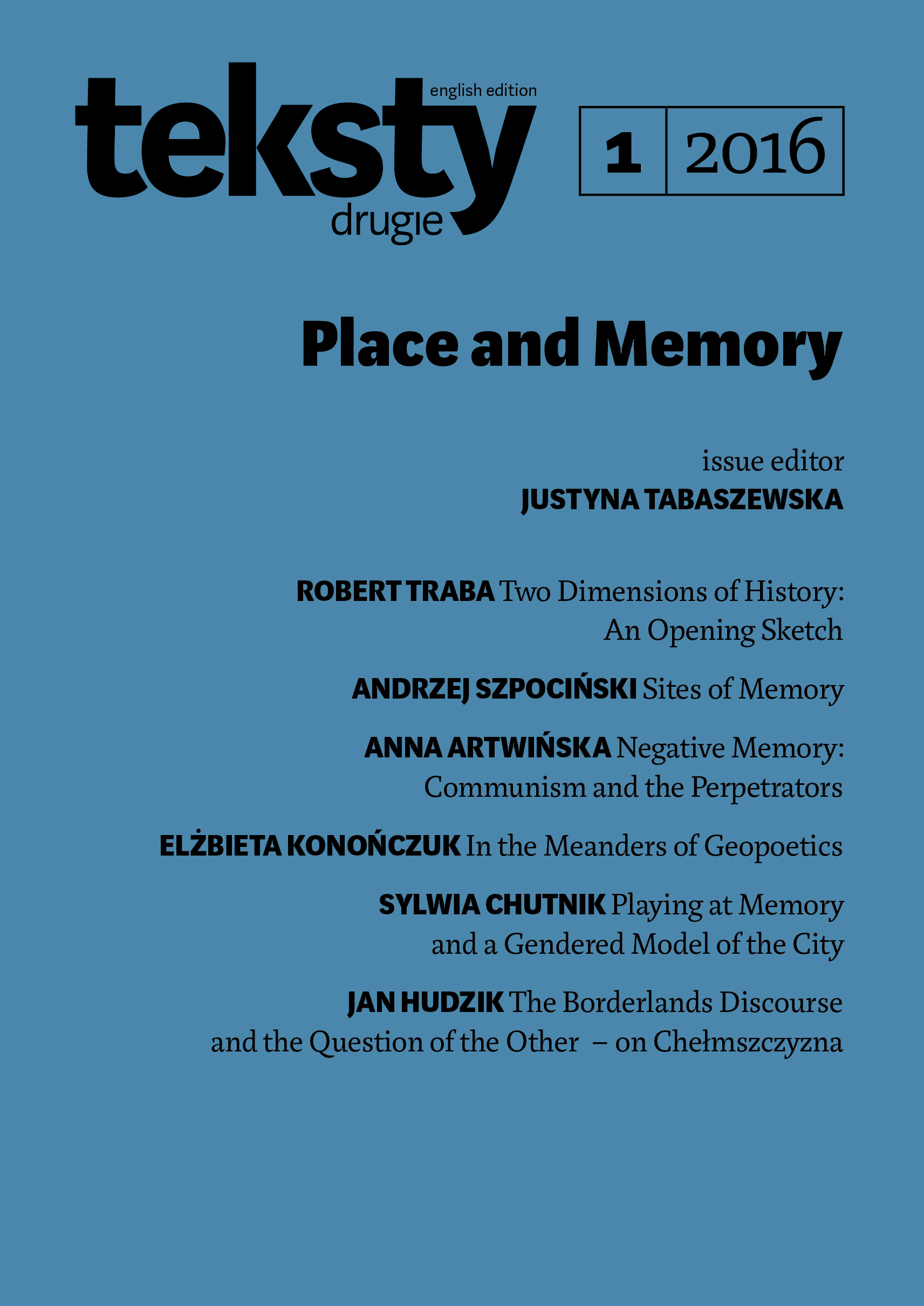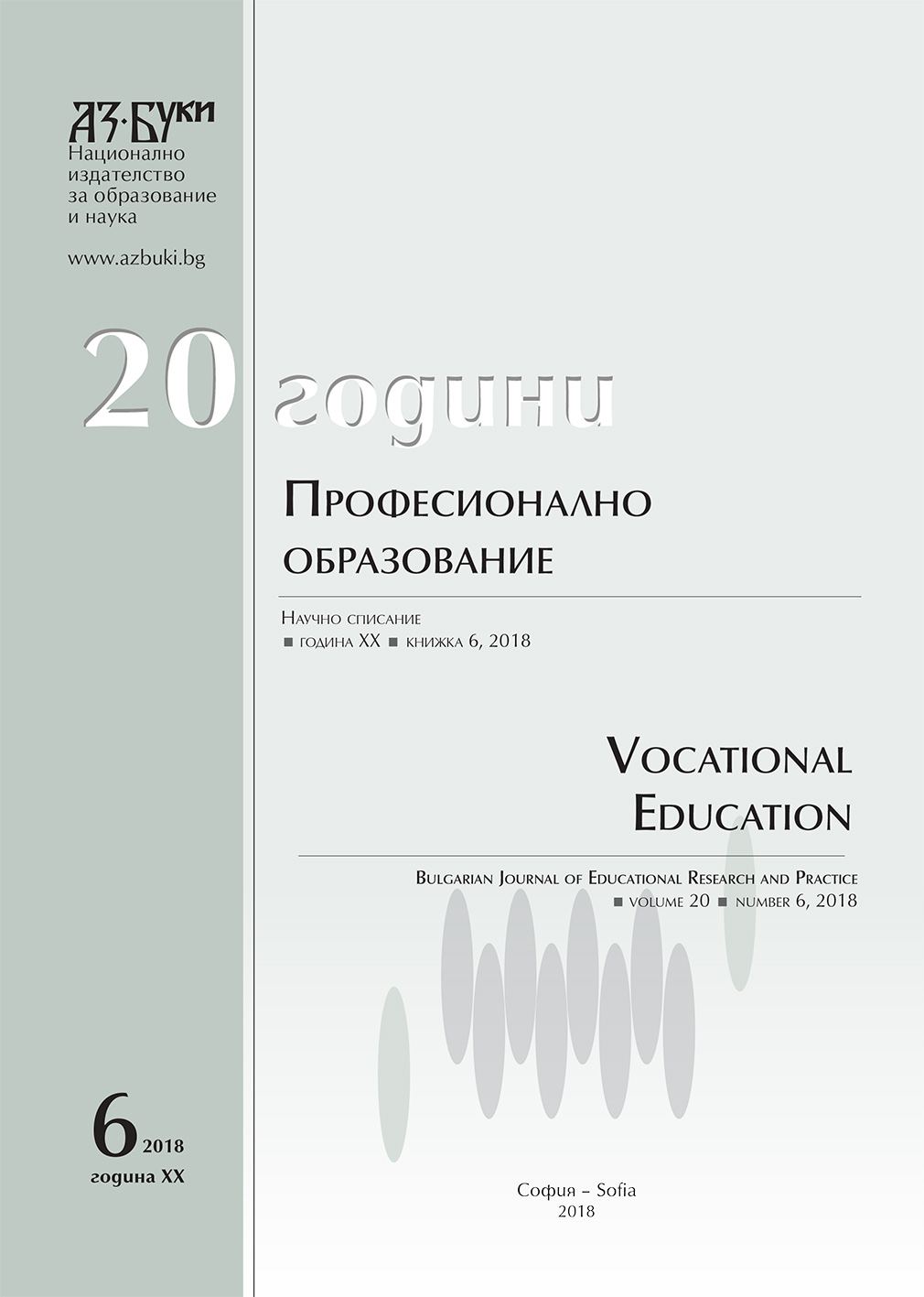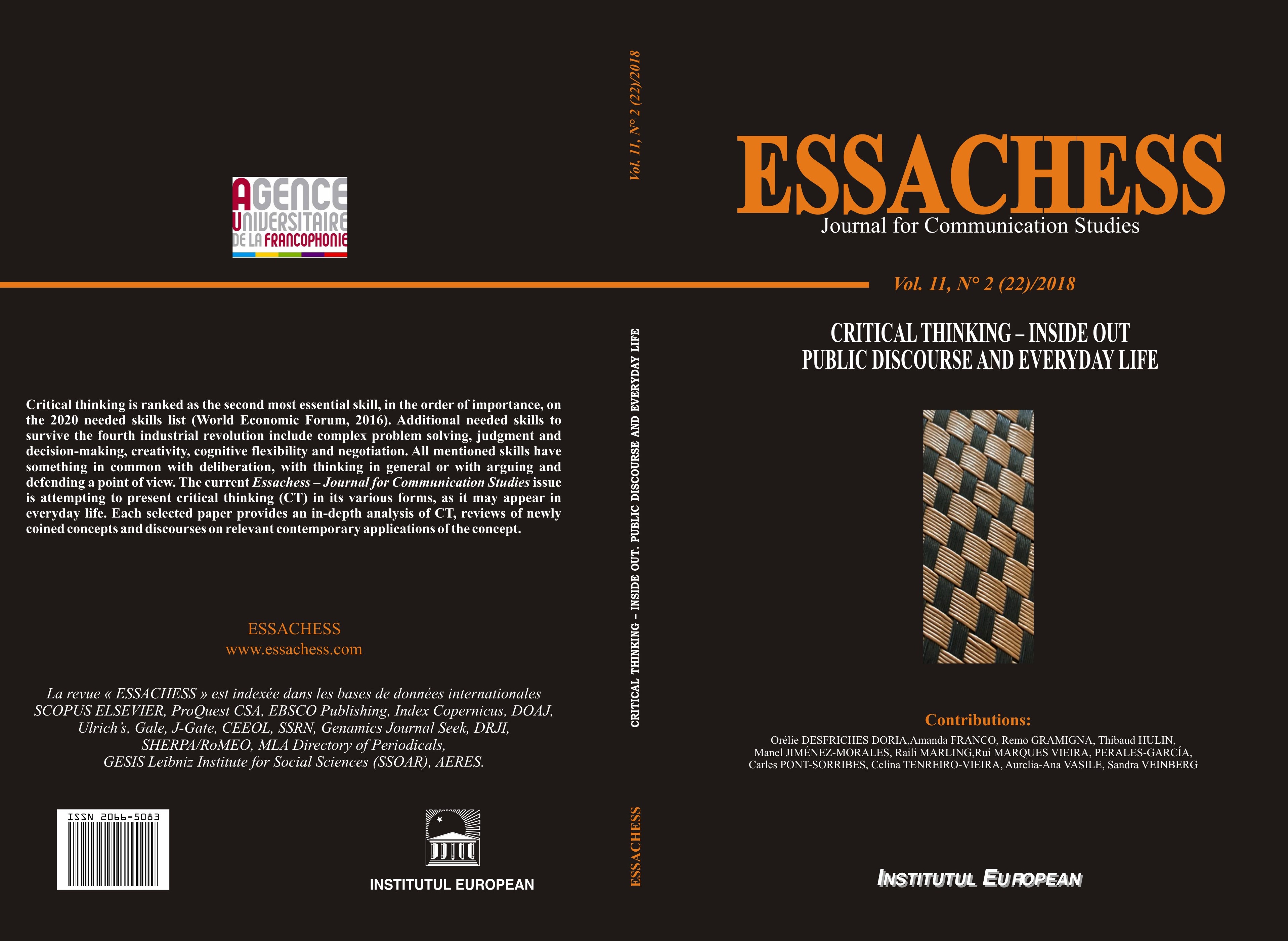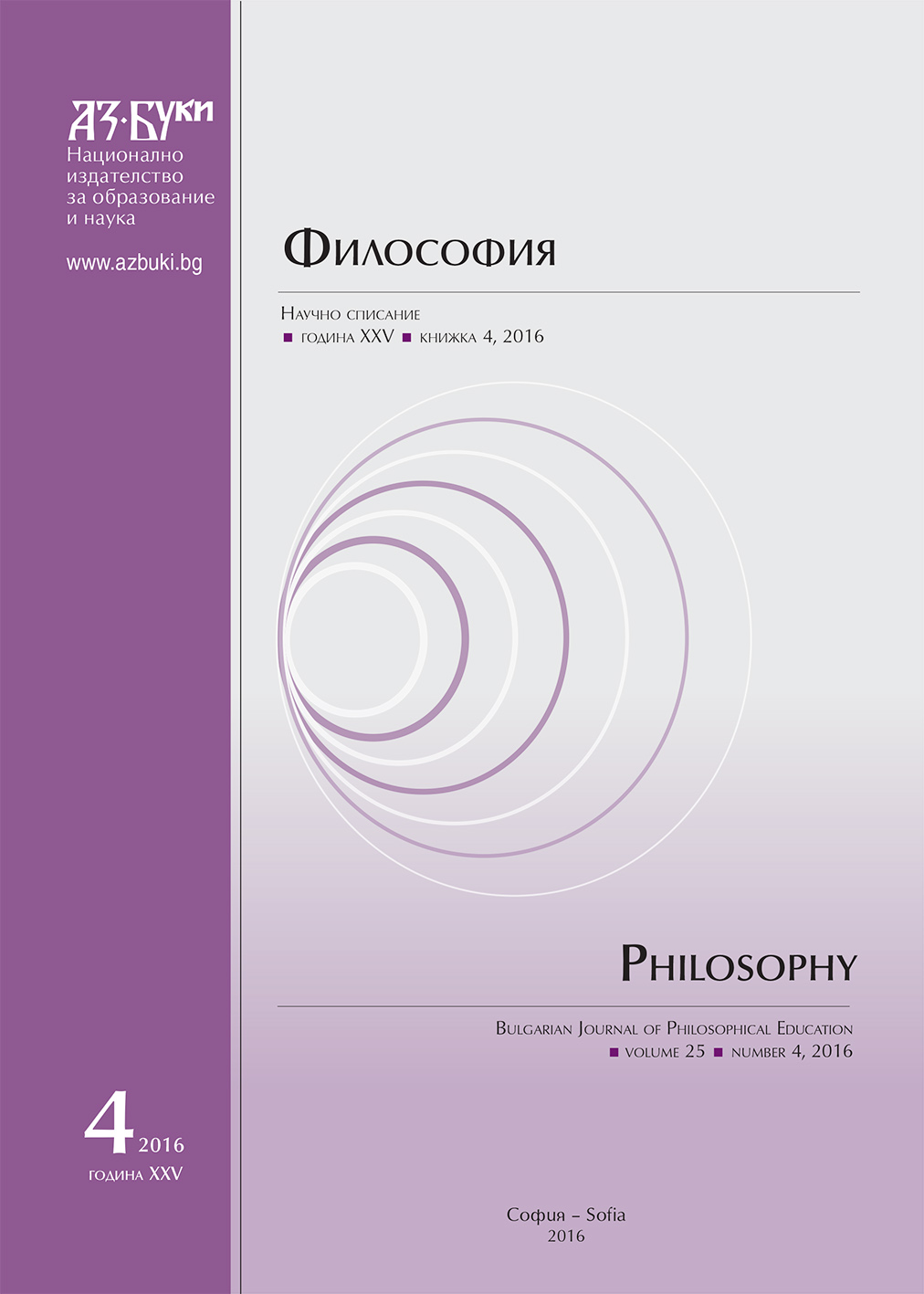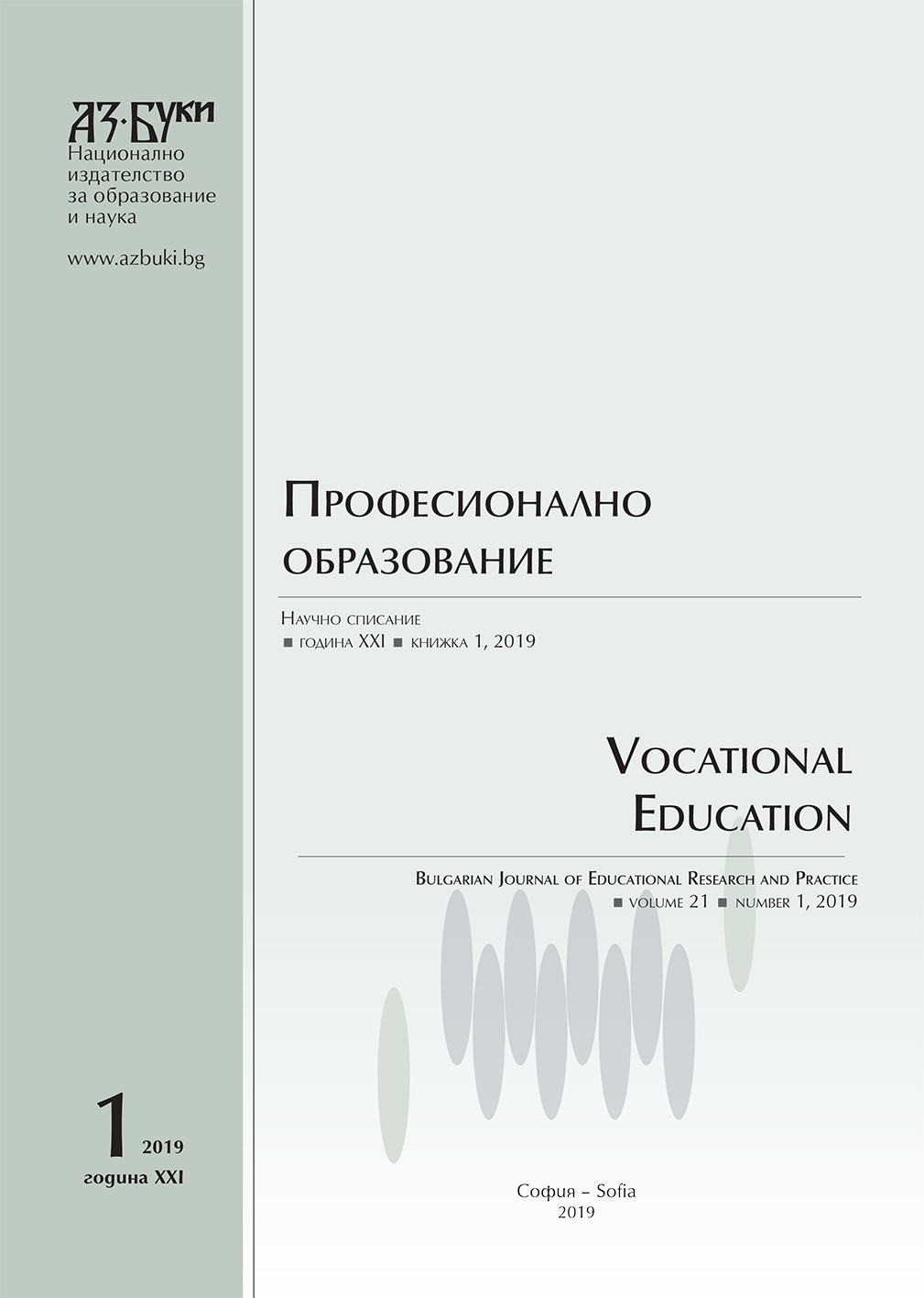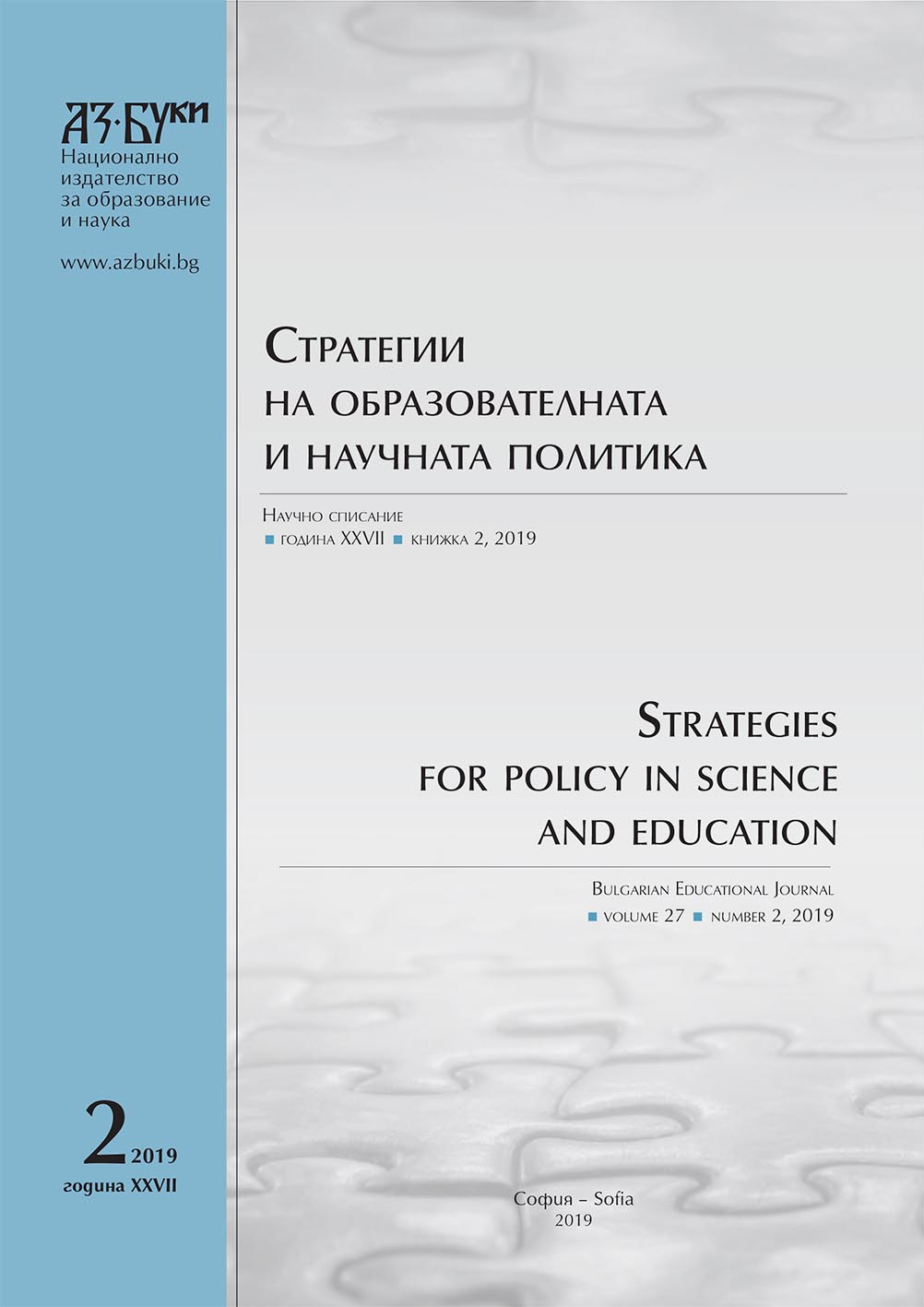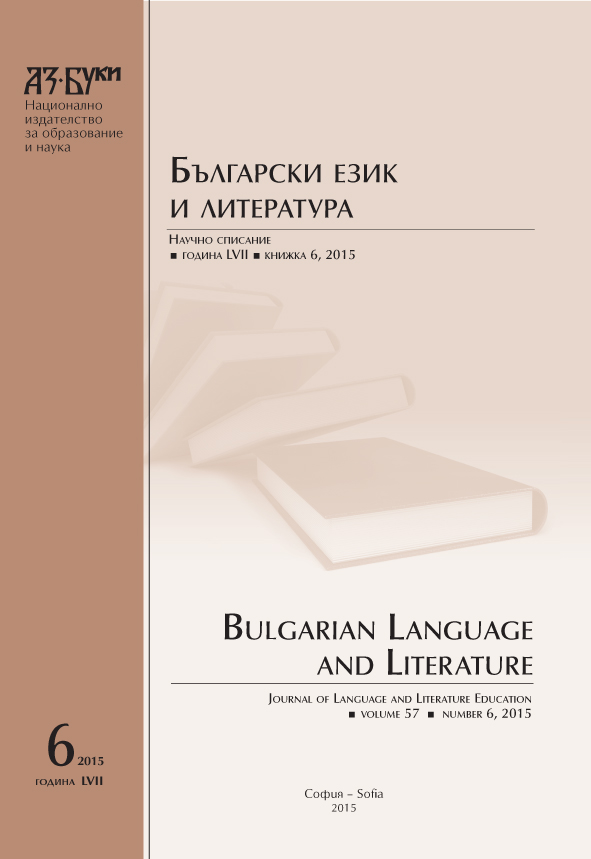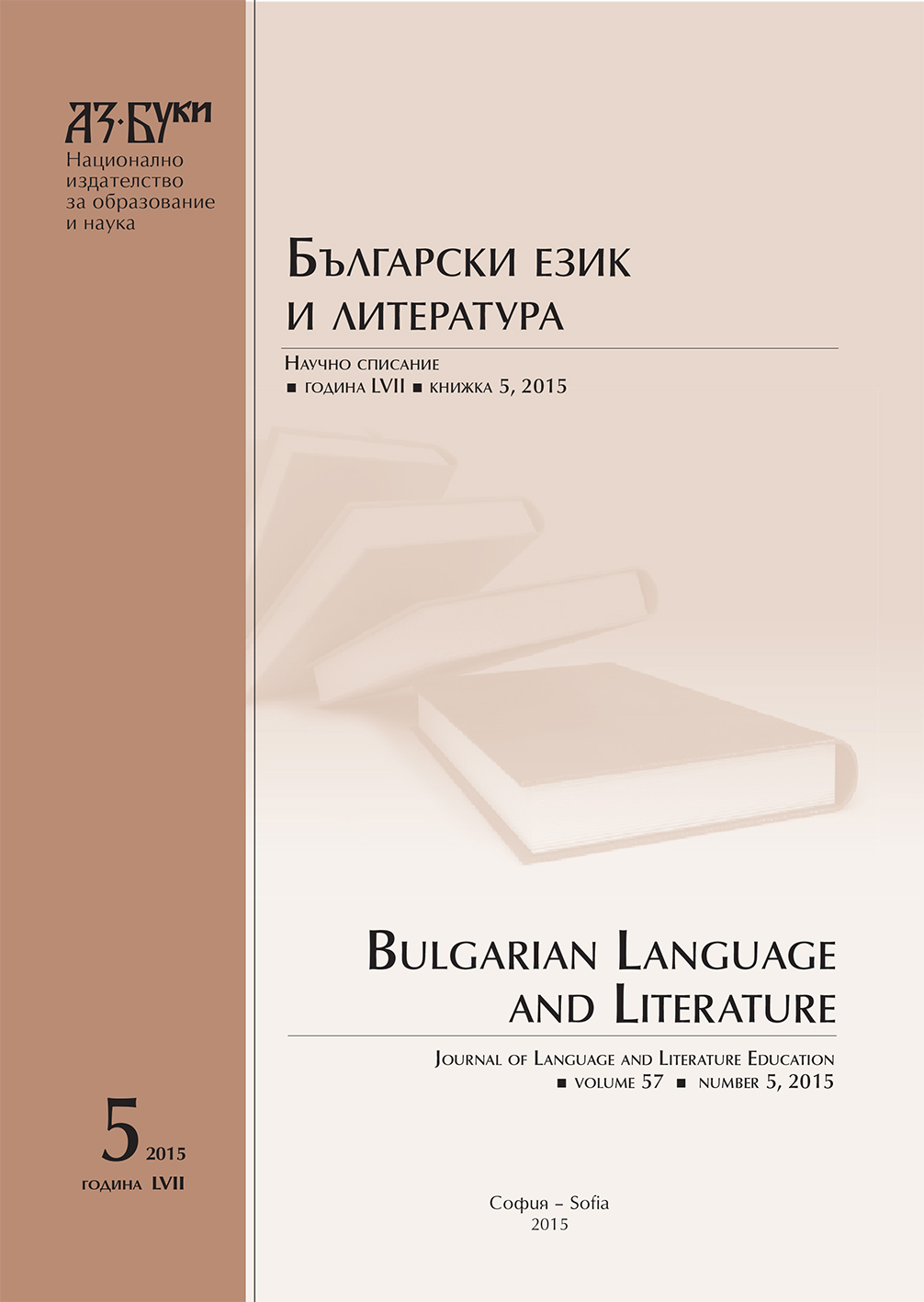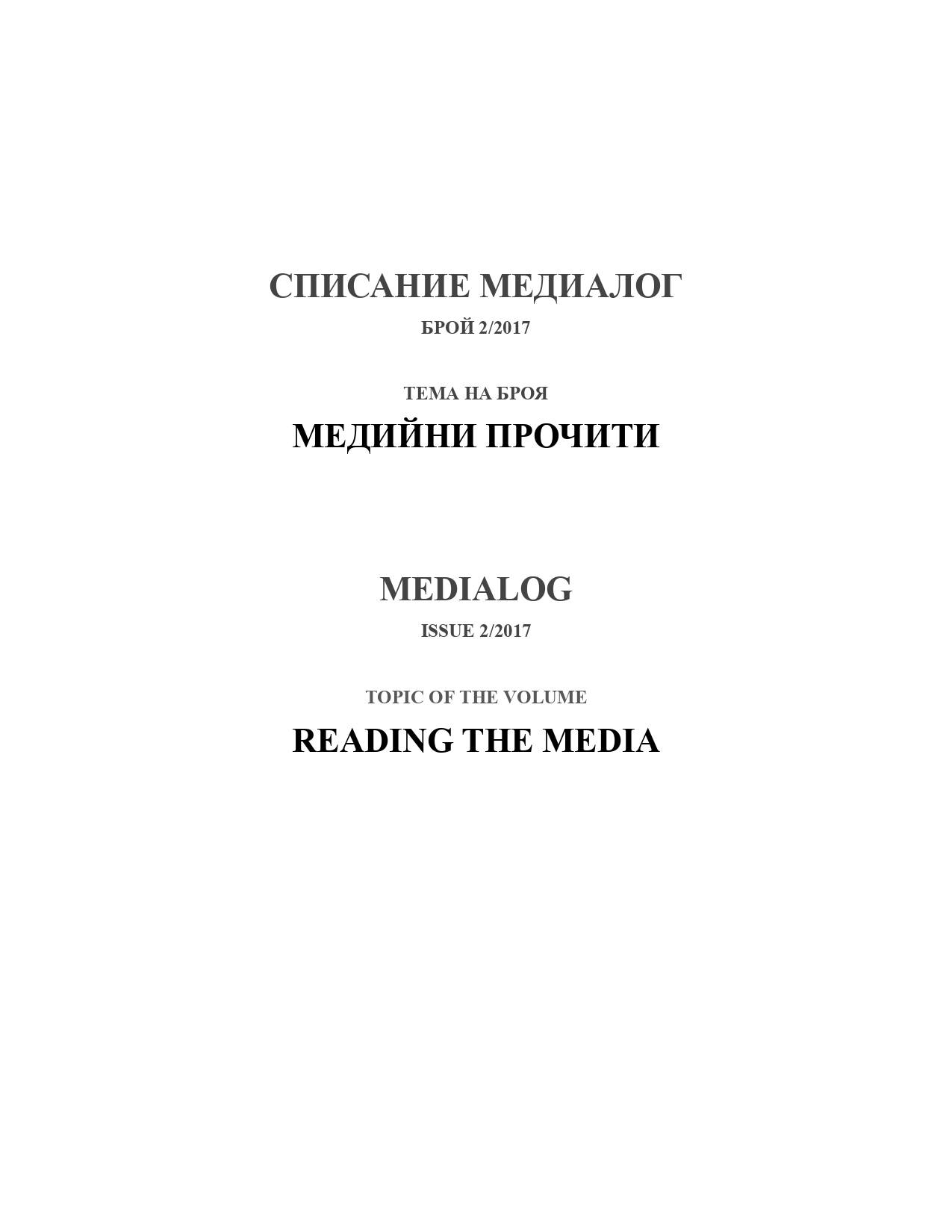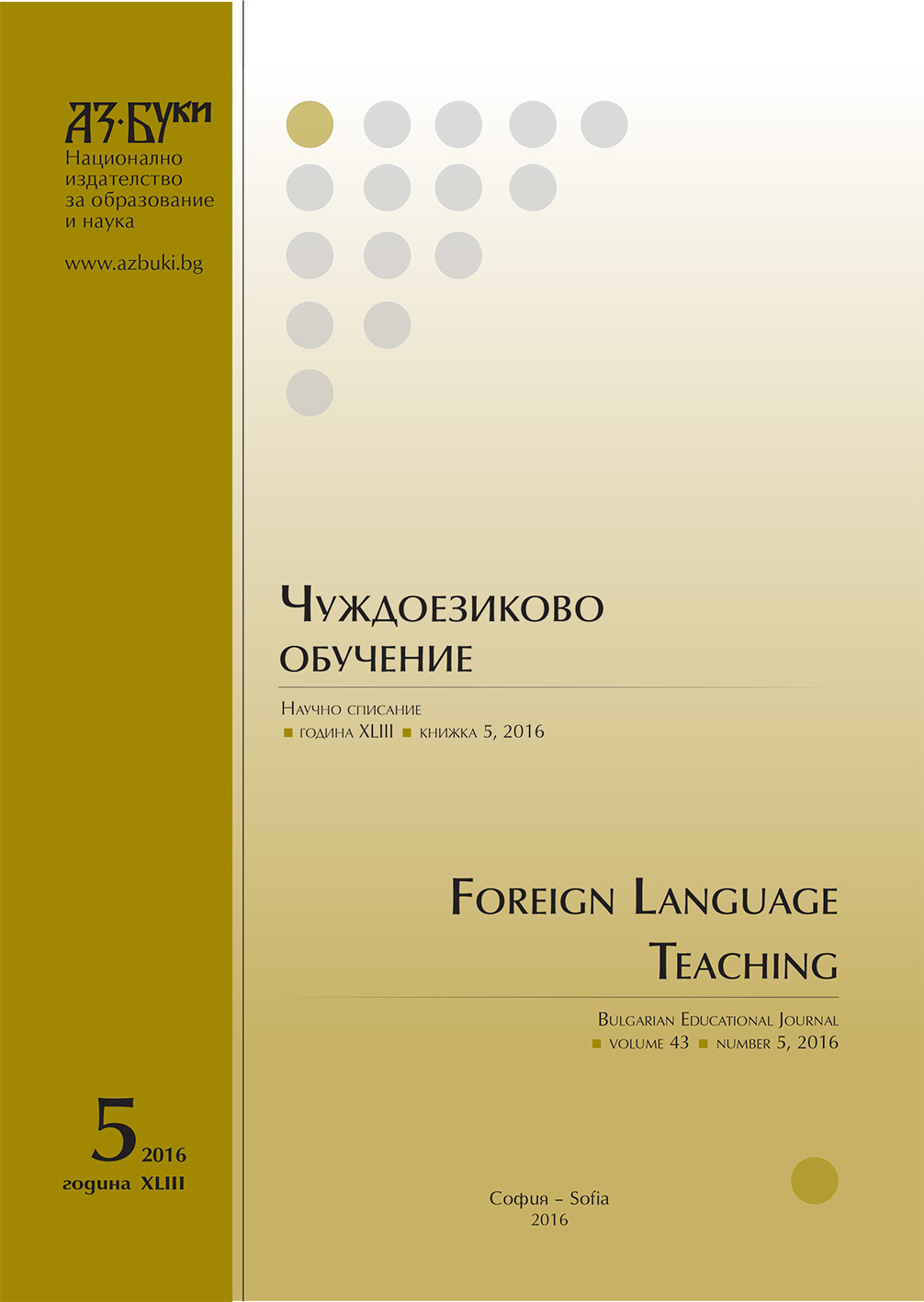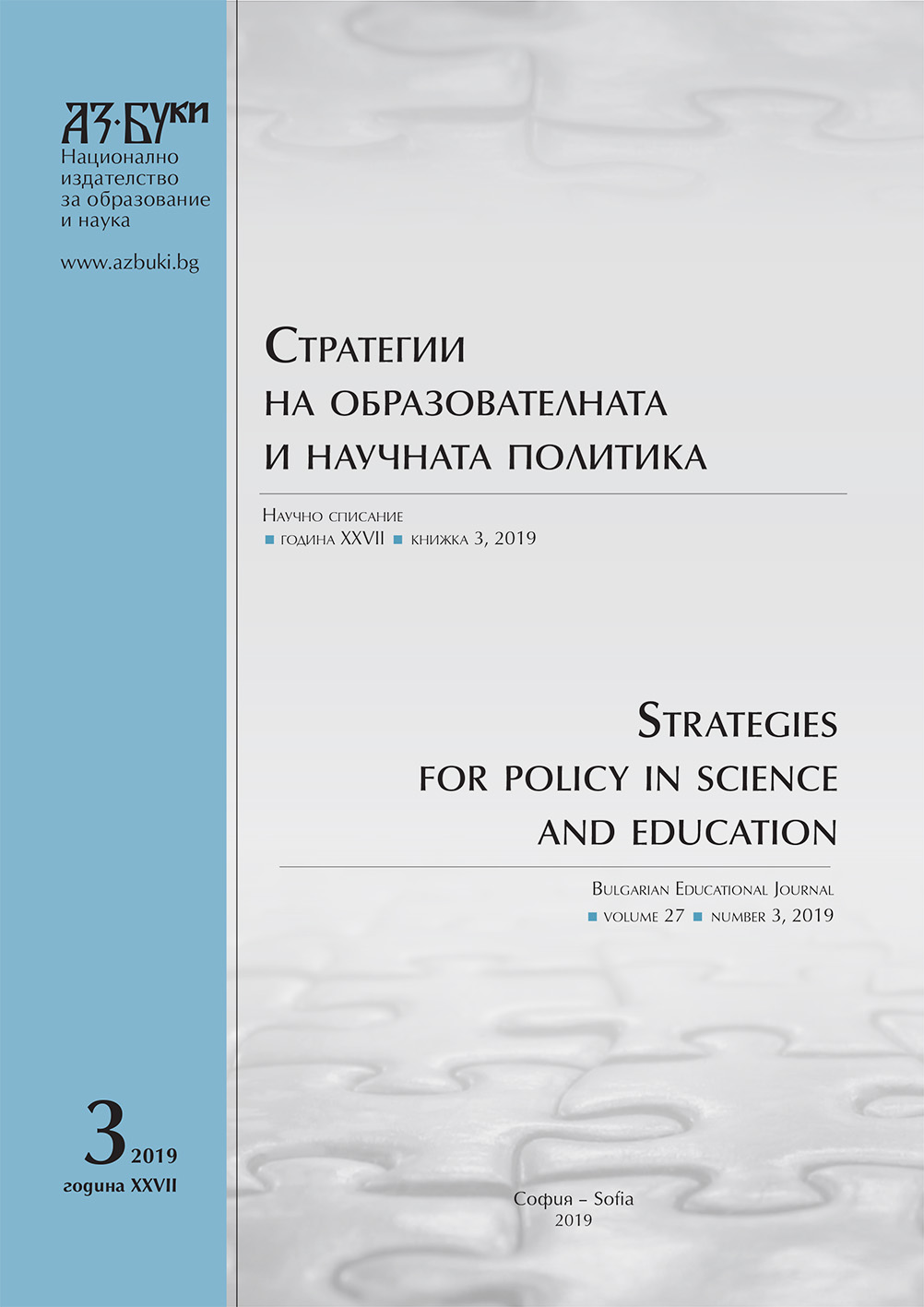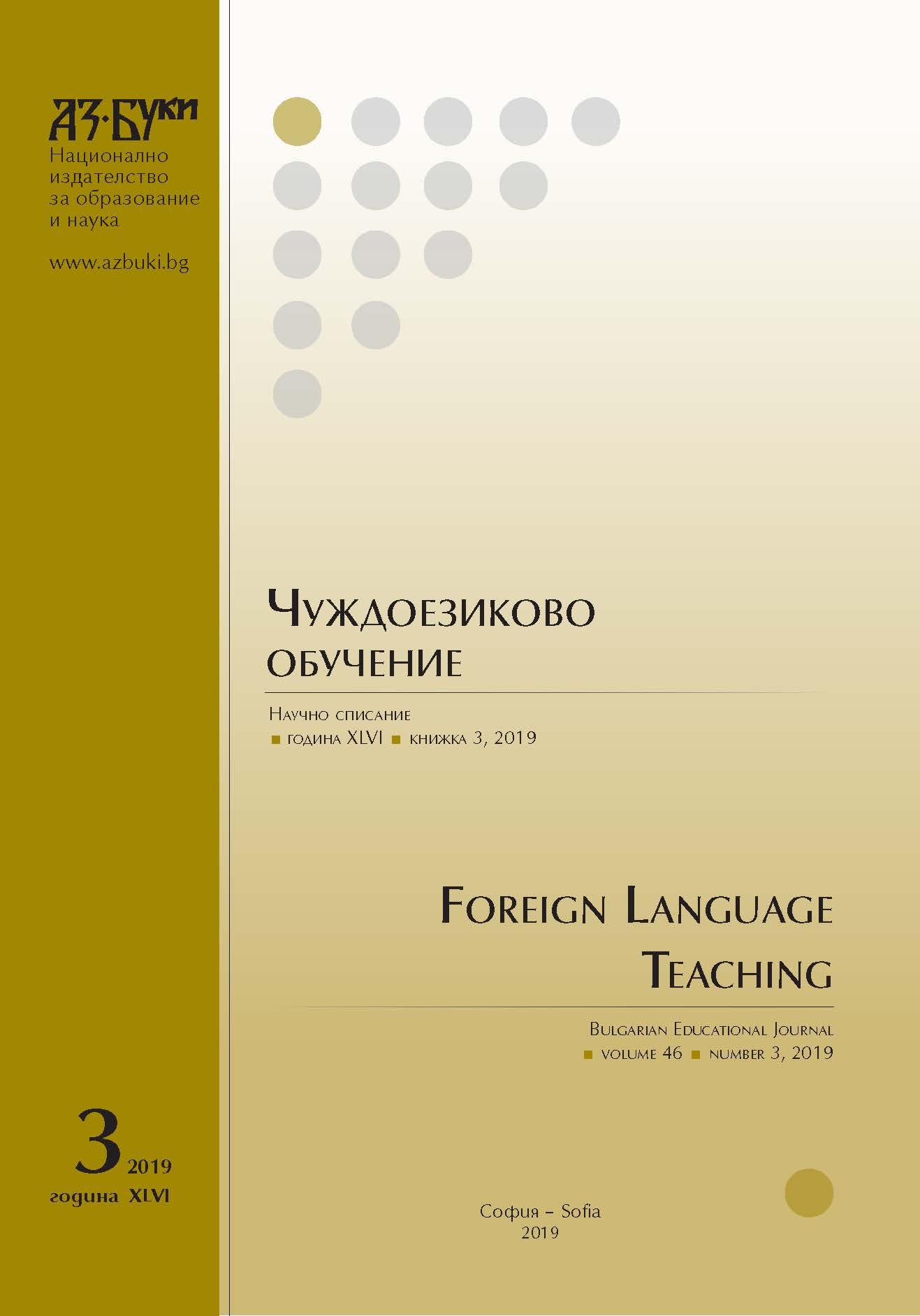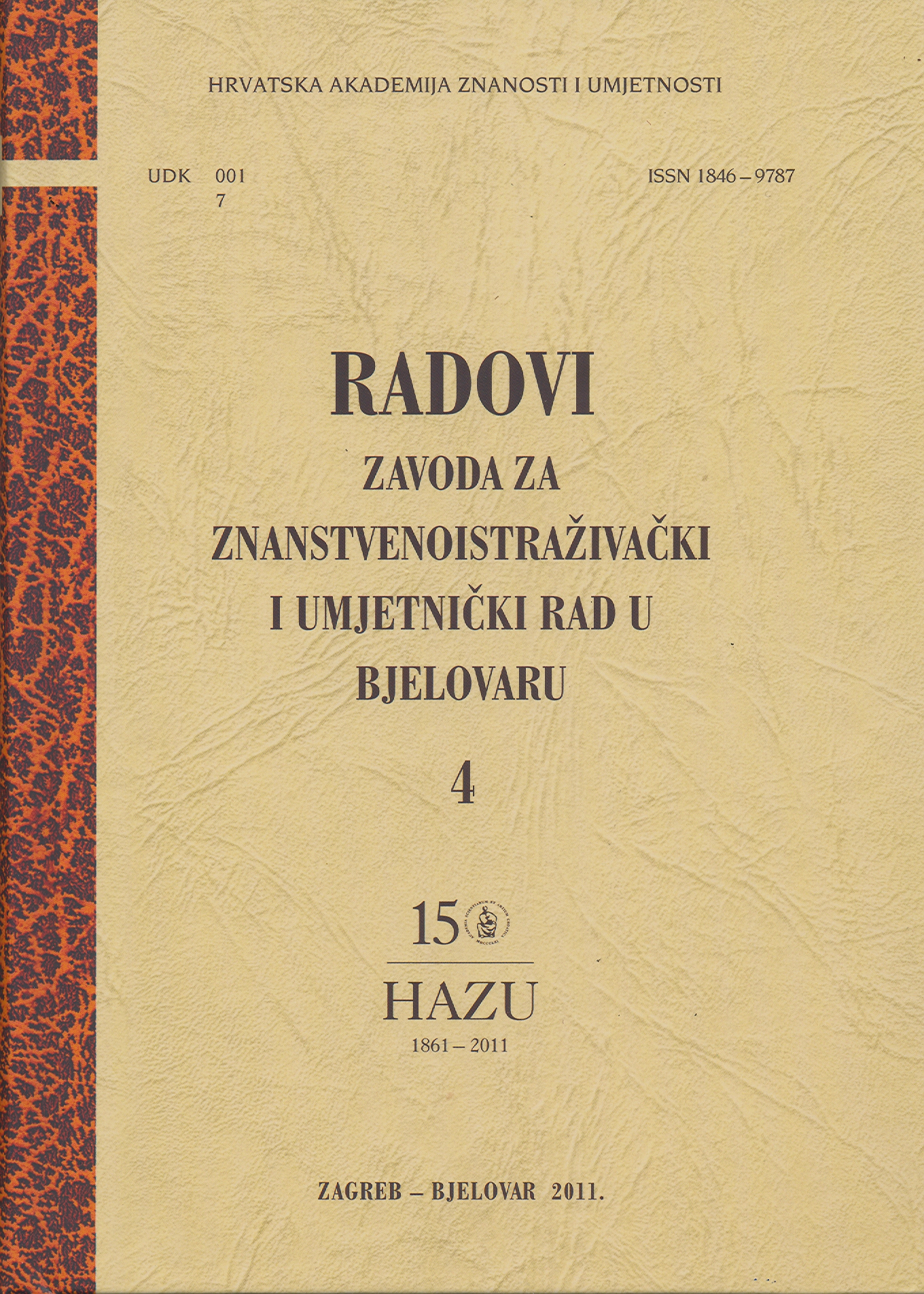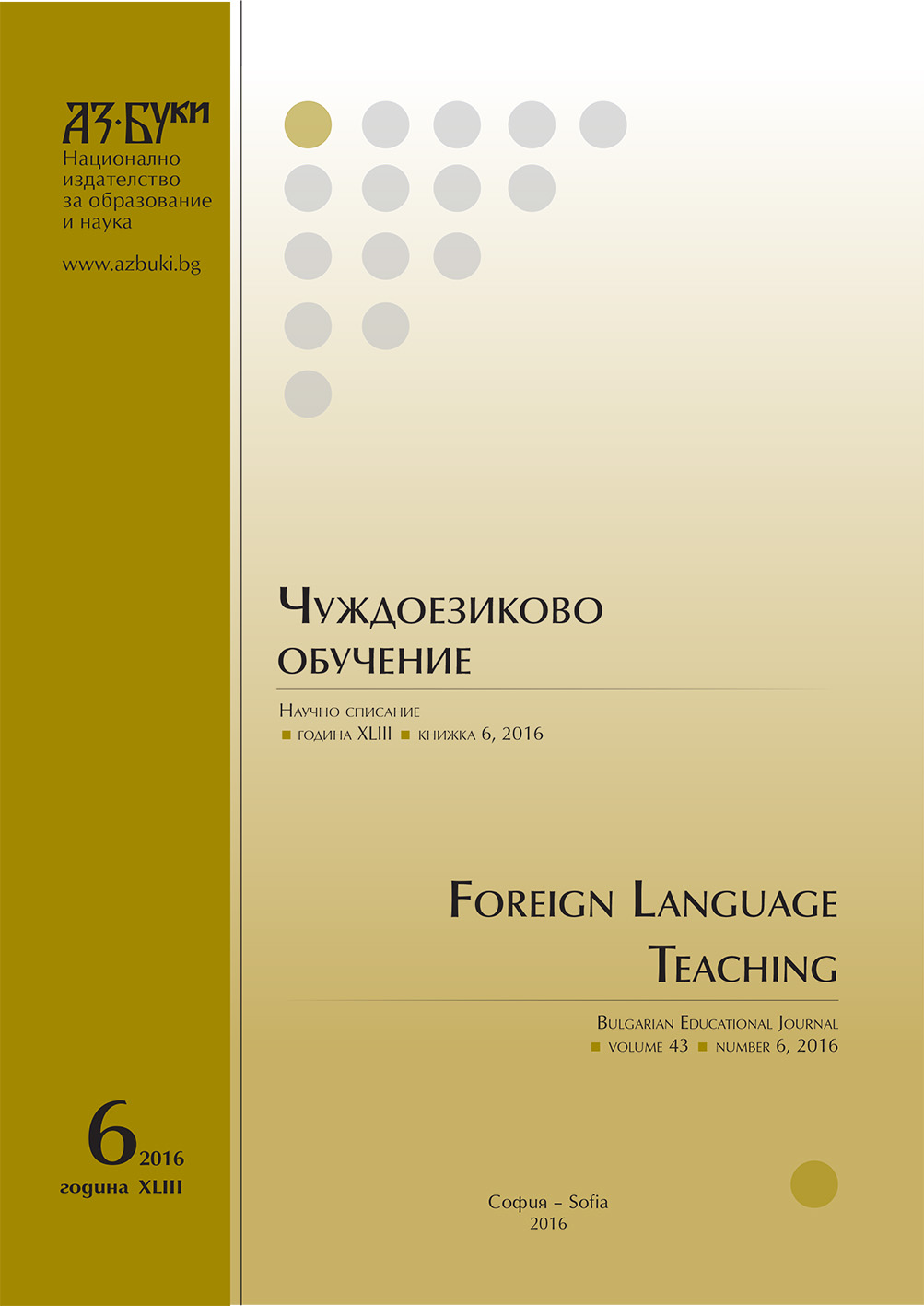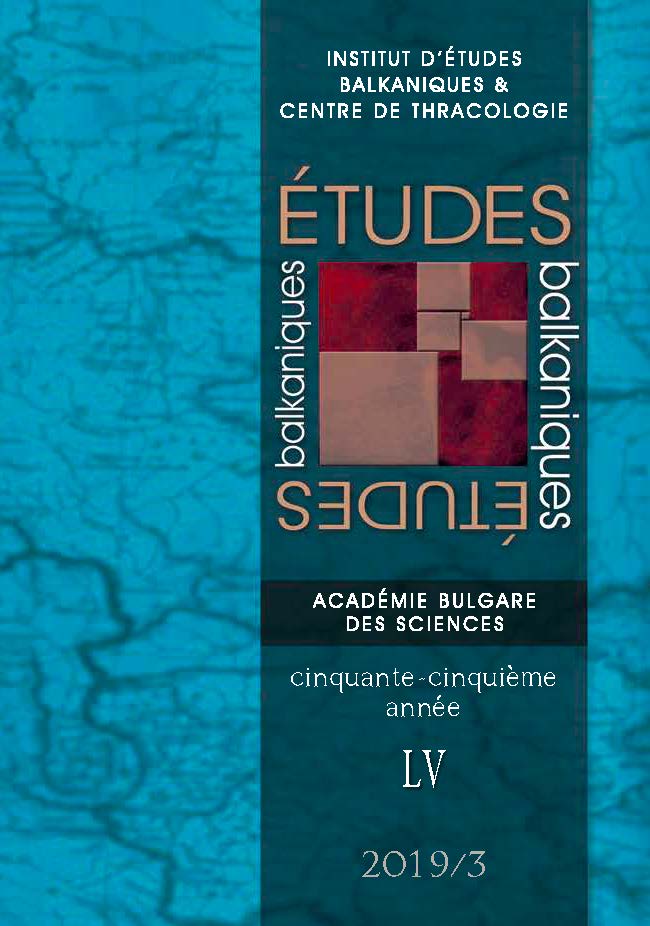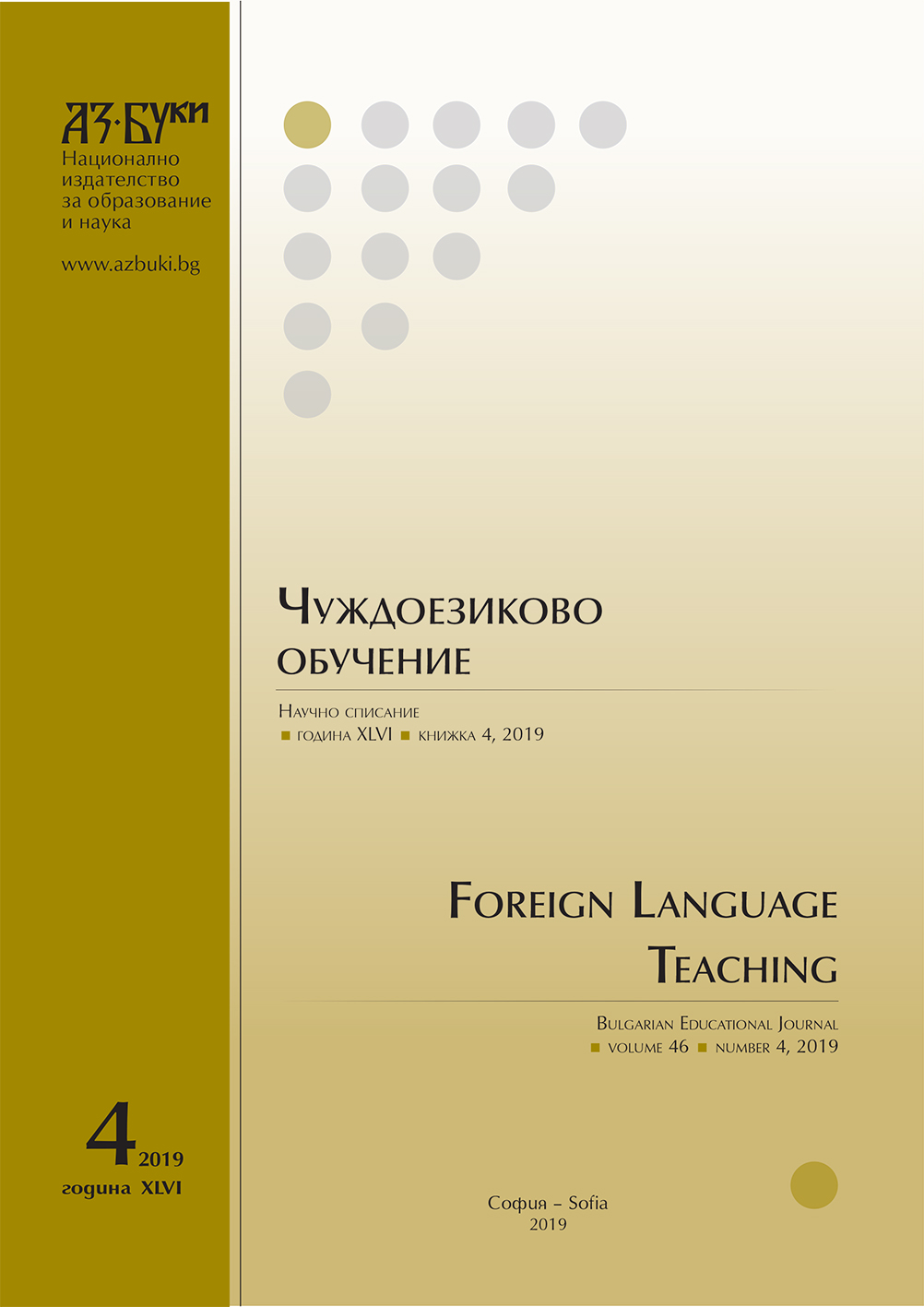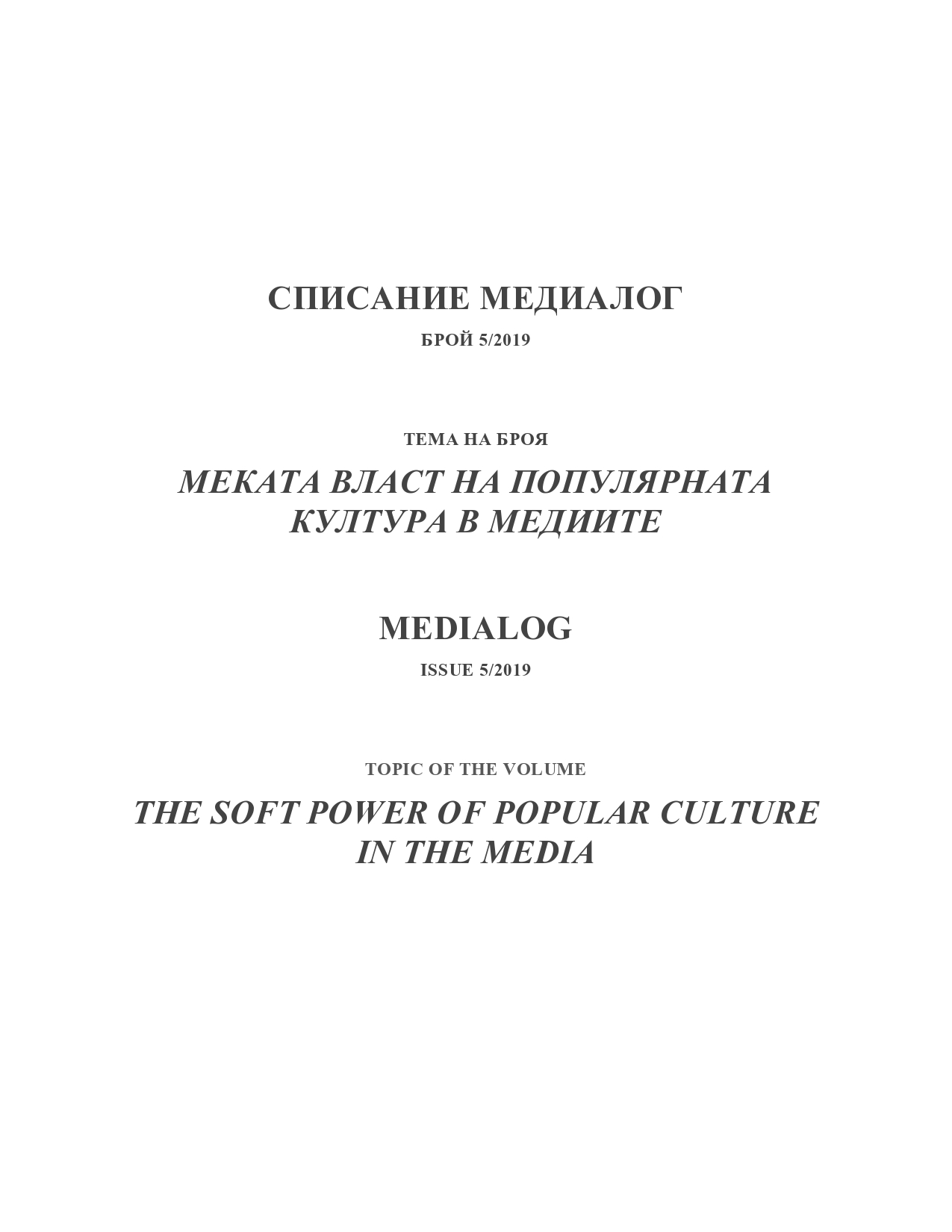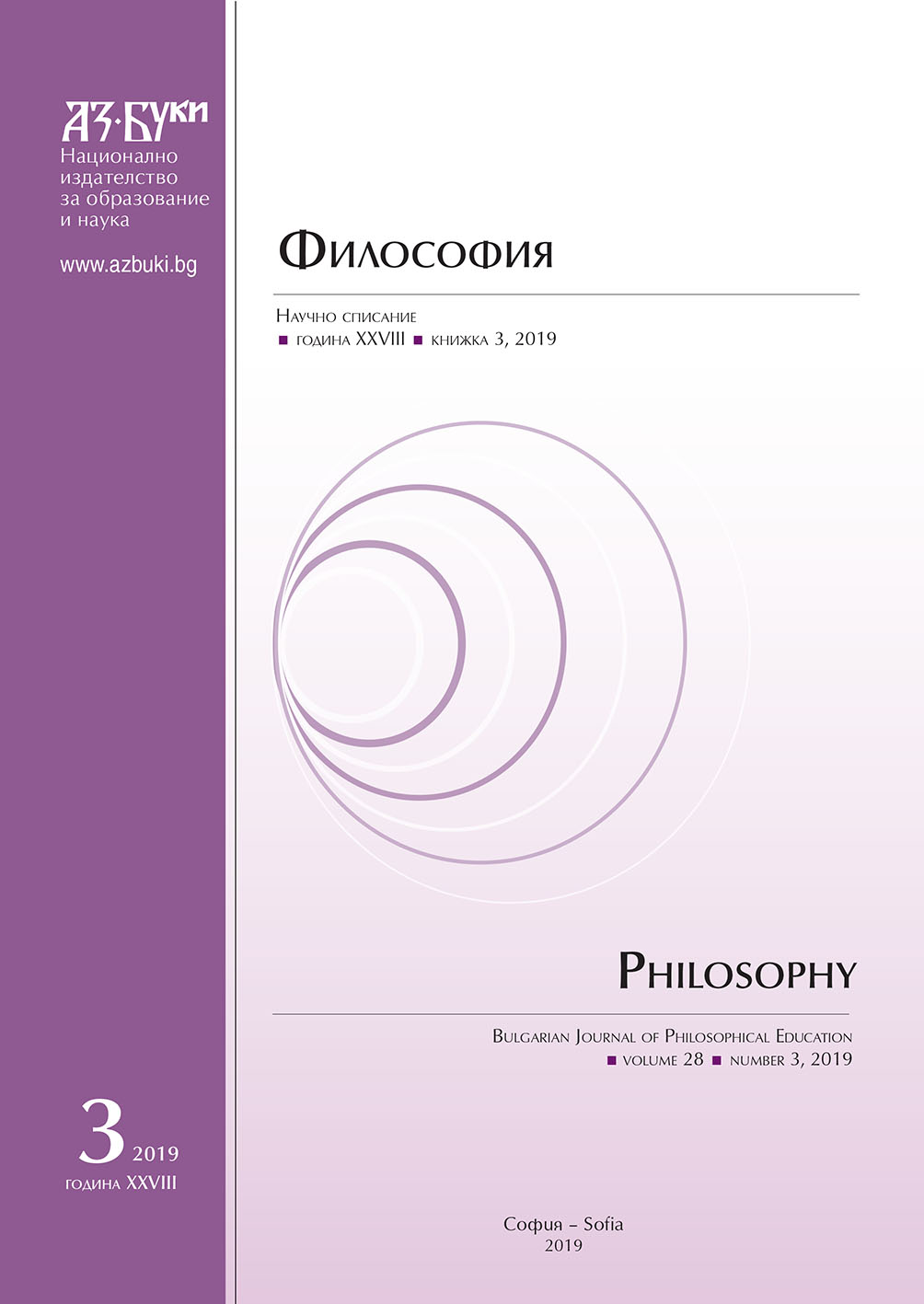TÜRKİYE’DE KAMU SEKTÖRÜNDE HALKLA İLİŞKİLER BÖLÜMLERİNİN YAPISAL SORUNLARI ve ÇALIŞANLAR ÜZERİNE BİR DEĞERLENDİRME
The 1980s, when the public relations departments in the public administration sector of Turkey have started to be organized and based to legal grounds and gained corporate identity, underlines a period when important transitions has occurred in public sector in the world. This transition that is experienced in the Turkish Public Sector through the impact of globalization has manifested itself by several structural changes that occurred in public relations departments in Turkey. This condition which is encountered in an environment where the judicial organization is not sufficient and that the public administrators exhibited a somewhat problematic opinion toward the public relations phenomenon seem to lead to a detrimental impact in settlement of public relations disciplines and hence on its related employees. In this study, the sources of problems that are currently experienced in public sector are discussed and the issue of what kind of solutions should be applied in order to reconstruct these departments are discussed.
More...
